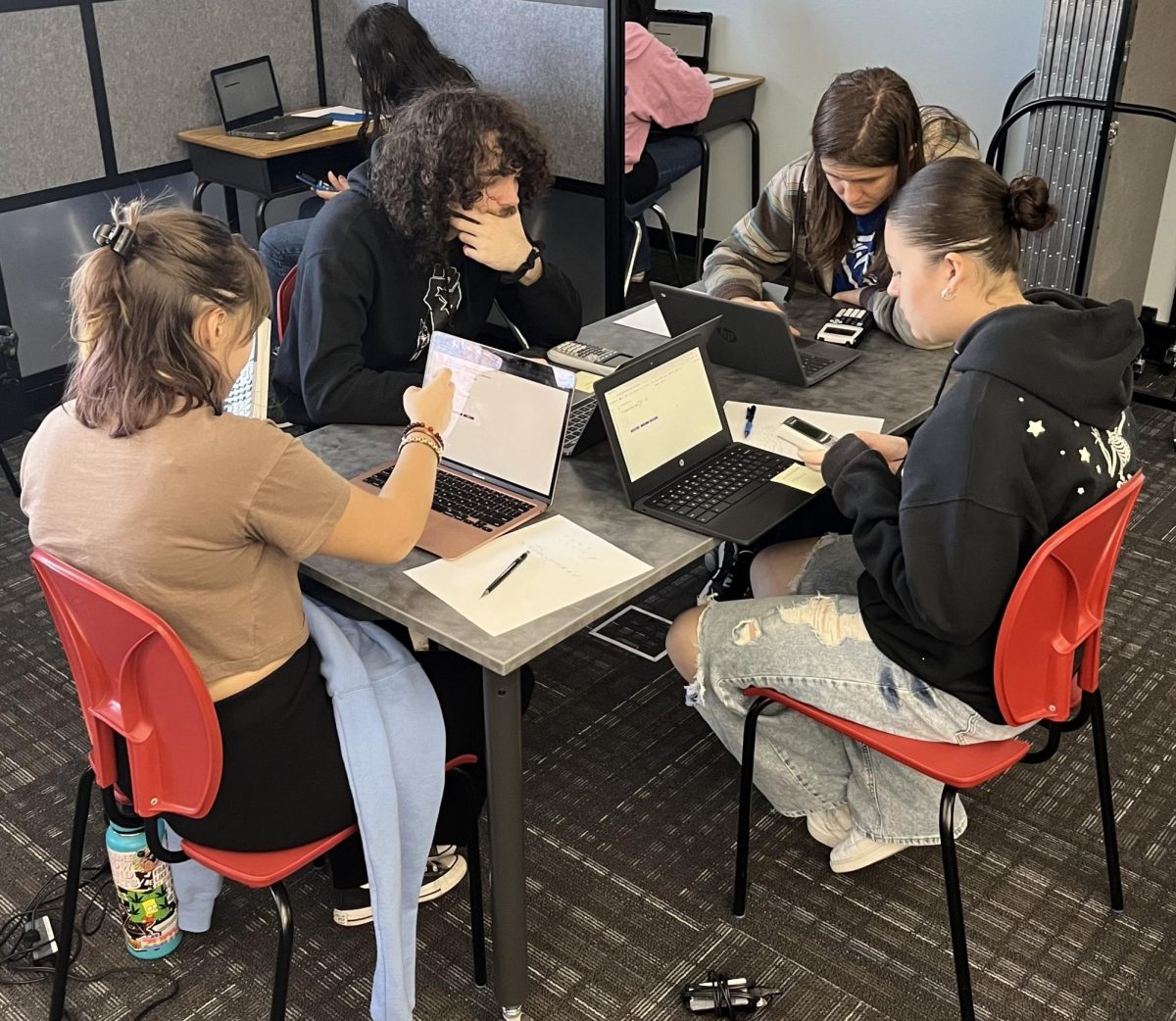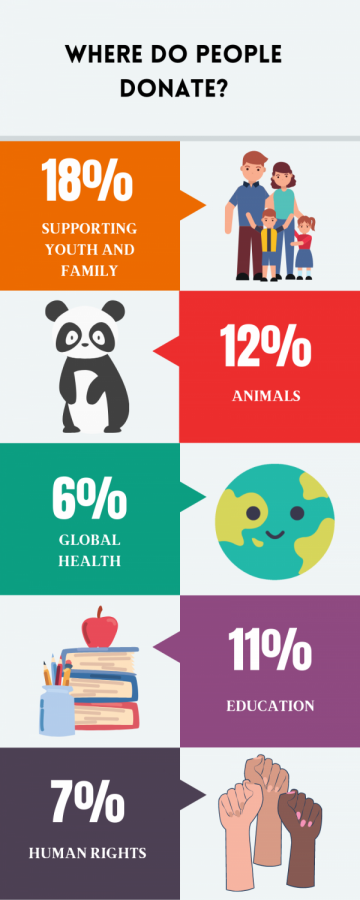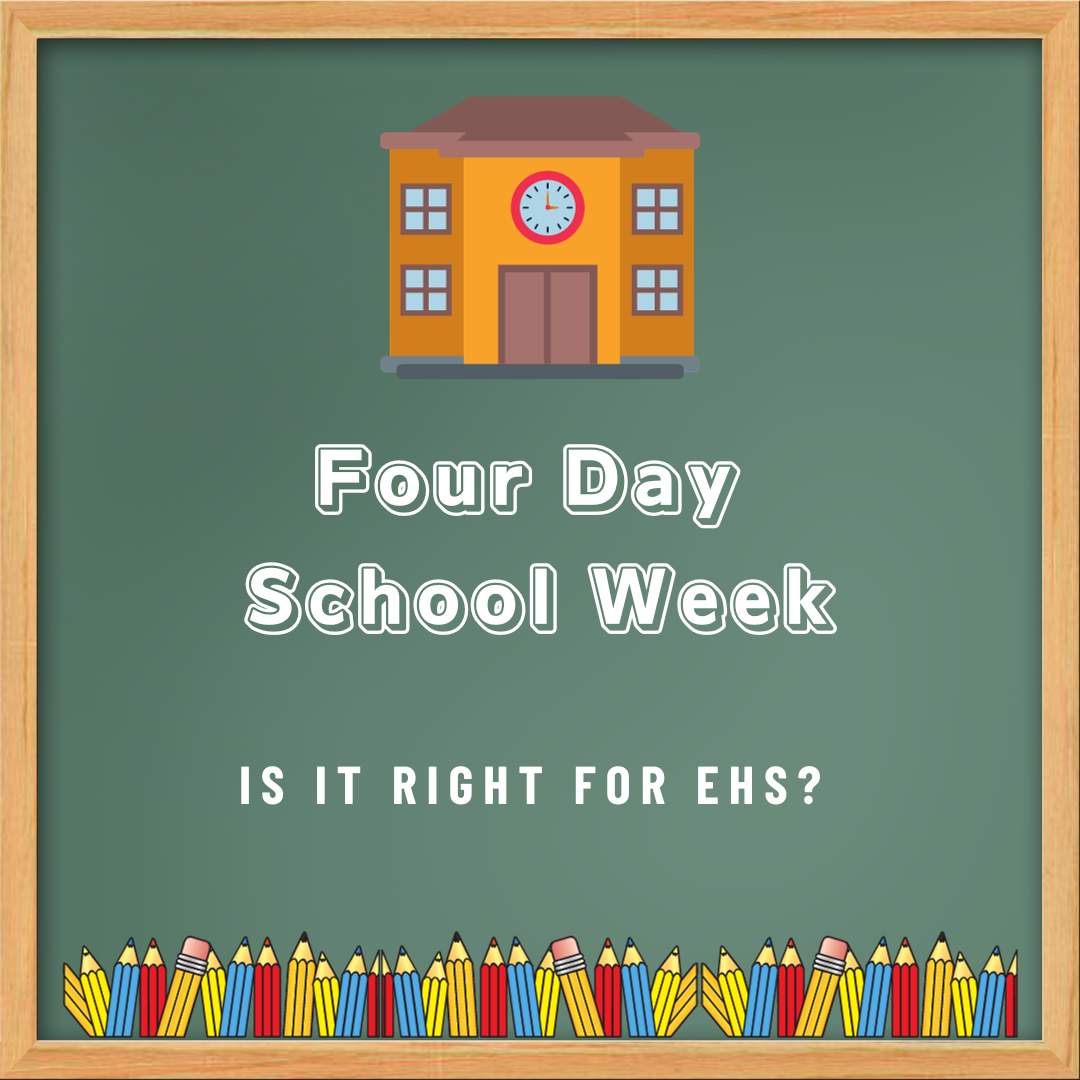Mental Health Check-Up for the Holidays
Are students feeling overwhelmed? A look at national statistics gives a glimpse into the stressors
December 11, 2019
The school day can be incredibly stressful for some students at Englewood High School. Does a child’s mental health affect their education?
Numerous studies point to the prominence of mental illness in teenagers today. EHS finds the issue so important, it employs a school psychologist, two full-time counselors, and a dean trained in mental health and conflict resolution.
“Well, I think the classes offered are really excellent,” said Senior Nicholas Eaves. He believes students could be overworked, ”if they take too many AP classes but nothing normal students couldn’t handle.”
The Center for Disease Control and Prevention did a study on mental health in all ages and the findings were surprising. “7.1% of children aged 3-17 years (approximately 4.4 million) have diagnosed anxiety. 3.2% of children aged 3-17 years (approximately 1.9 million) have diagnosed depression,” CDC said. Students ages 12-17 have the highest percentages on the anxiety and depression scale (see graph). School can be a trigger for some students for multiple reasons.
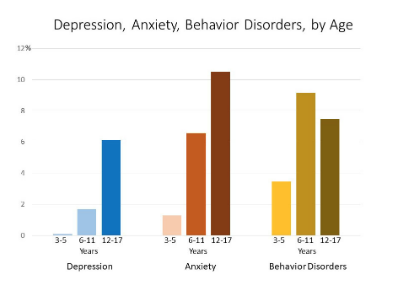
Data collected by the Centers for Disease Control found 7.1% of children aged 3-17 have diagnosed anxiety. That translates into roughly 4.4 million school-aged children.
Shawnee High School created a report about students and their schedules. “High school students of all ages are constantly being put under immense stress to find a job, pick their majors, and get good grades. However, this can put pressure on students to lose sleep to finish homework and projects. The rate of stress on students today is higher than ever before,” The Renegade Report said.
There is another side of the argument, some teachers and researchers claim the exact opposite. The U.S News released an article about students and the statistics, “The researchers concluded there was “very limited empirical support for the over-scheduling hypothesis.”
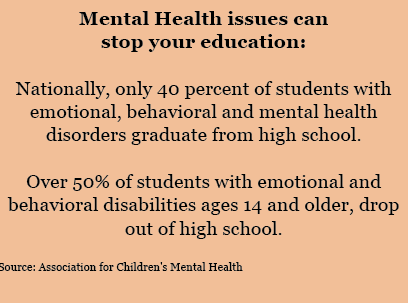
The opposite seemed to be true: participation in organized extracurricular activities is closely related (even when controlled for socioeconomic status) to a broad range of positive outcomes including children’s physical safety and psychological well-being, supportive relationships with peers and adults, higher self-esteem, and reduced alcohol and drug use, not to mention higher high school graduation rates,” The data shows that students are doing just fine and they are not strained.

Help Lines-Provided by Counselor Dawn Cominsky












